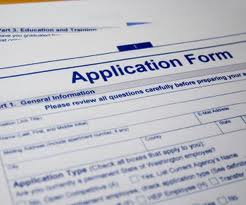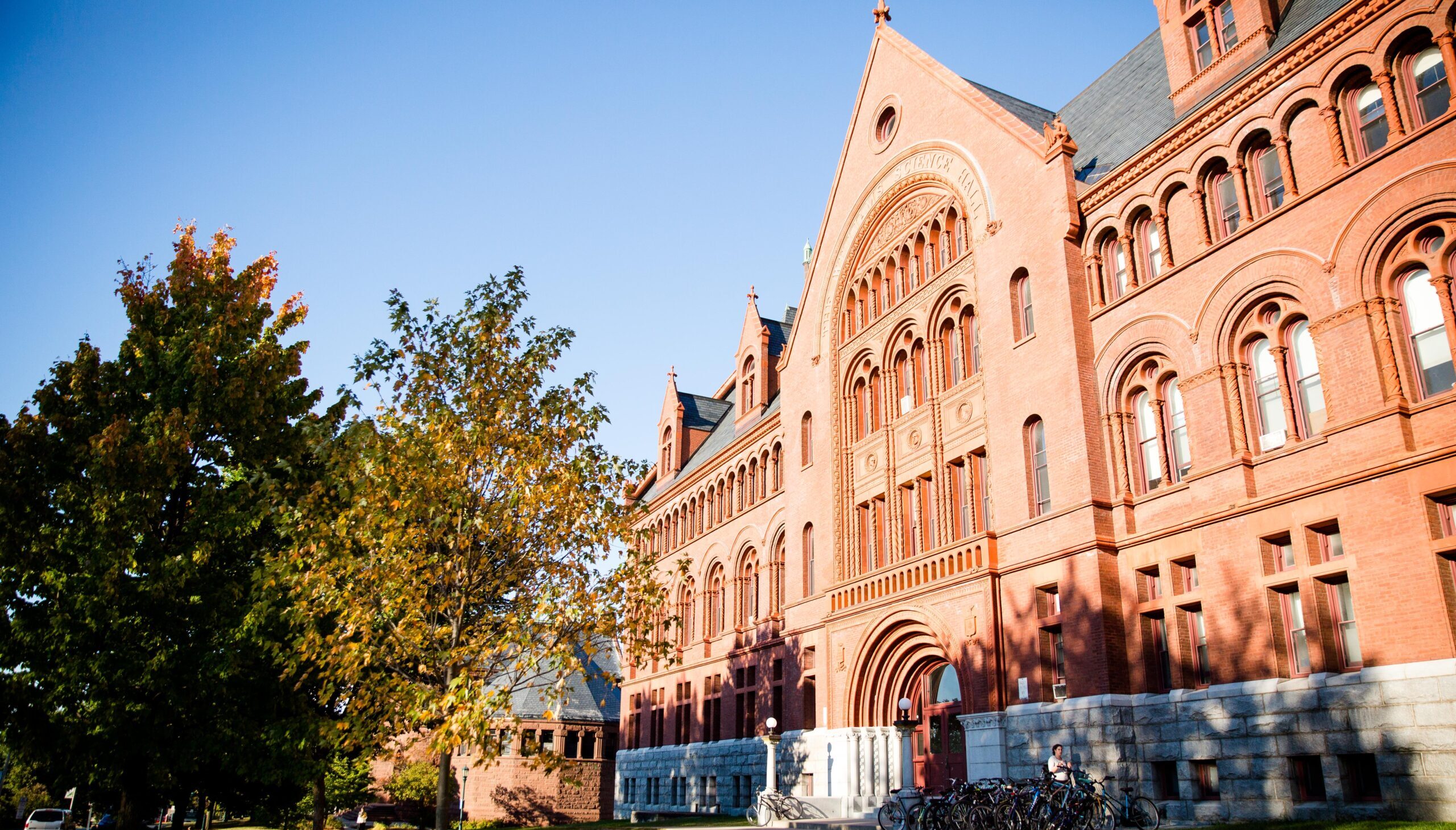
- Personal Statement – Start early and write at least 3 different essays – a) your family background, b) your personal qualities such as leadership or volunteerism, and c) your academic areas of interest or career aspirations. Outside of grades and test scores, this is the most important aspect of your college application that will inform your admissions decisions.
- Testing – Be sure to prepare for your SAT or ACT tests by taking practice tests or “diagnostics” before the actual test date. Most college admissions offices look at your test results as the second-most important piece of information besides your grades and course load. Take your testing seriously, but don’t let it define who you are.
- Extracurricular Activities – List your most significant activities first on your college application, and least significant activities last. College admissions offices want to see that you have some outside interests that show meaningful sustained involvement, whatever the activities may be.
- Academic Planning – Meet with your college counselor at least once a year to be sure you’re taking the most challenging courses that your school offers in preparation for your college applications. Consider taking a college course at a local college or community college over the summer or during the school year.
- College List – Pick 8-10 colleges that are already within your range academically. Don’t make the mistake of applying to too many “reach” schools and don’t sell yourself short by only applying to the schools that will be easy to get into.
- Financial Aid – Be sure to fill out the FAFSA form in February of your senior year and find out if you need to fill out the CSS Profile for each college. Both of these forms require parents to submit detailed information on their financial income. Plan to spend several days filling out these forms in advance.
- Scholarships – Use the internet to find search engines for private scholarship money, such as College Board or FastWeb.com. Also, find out if there are any scholarship opportunities at the colleges you will apply to in advance and how you might apply for them.
- College Interviews – Schedule your college interviews for when you take your tours, even if you’re not 100% sure you want to apply. Prepare for the interview by jotting down a few talking points ahead of time. Just be yourself and try to enjoy getting to know the interviewer and the college a little more.
- Letters of Recommendation – Find out how many letters you will need for each college on your list well in advance. Be sure to ask your teachers and counselors to write your letters of recommendation at least one month before your deadline for each college. Always thank your teachers and counselors for their time and efforts on your behalf.
- The Applications — Fill out each college application several weeks before it is due. Answer the questions they are asking, not what you think they are asking, especially the short answer essays. Take it seriously and read it over carefully before turning it in. And always save your own copies in a file.


